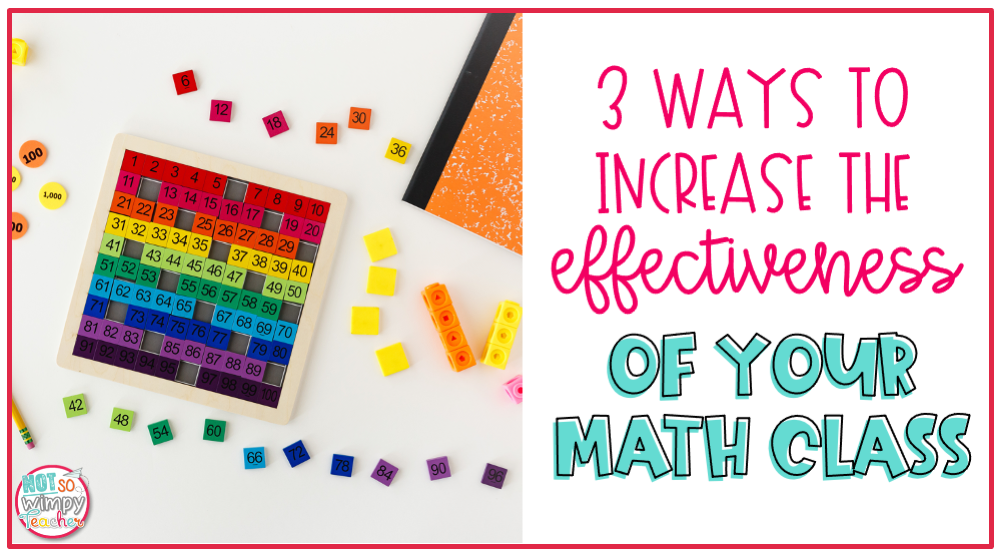
If you’ve ever wanted to increase the effectiveness of your math class, this post is a must read.
We’ve all been there . . . You plan the perfect math lesson. Start with an engaging problem. Grab the right manipulatives. Walk your students step by step through different problem-solving techniques. Prepare a host of practice problems.
But then, about halfway through your lesson, you look out and see it. Blank stares. Kids nodding off. Students drawing pictures on their white boards or stacking their manipulatives into elaborate skyscrapers. Then, when you set them loose to work on problems on their own, it’s immediately apparent that they didn’t get it. Dun, dun, dun.
Don’t feel bad. It happens to the best of us. But the answer to a more effective math class is easier than you think. Here are three simple shifts that will immediately make your math lessons more effective.
Decrease the amount of time you spend on whole group instruction.
The number one way to increase the effectiveness of your math class is to keep your mini lessons mini. This is great news because it means you can drastically reduce the amount of planning and prep you do for your whole group lesson.
Your whole group instruction should take no more than twenty minutes.
Now, I can already hear your objections . . . “Jamie, I can’t possibly teach my whole math lesson in twenty minutes.”
I know! You don’t have to. That’s right. You don’t have to cover every last problem in your problem set during the whole group lesson.
Use your whole group lesson to introduce the skill
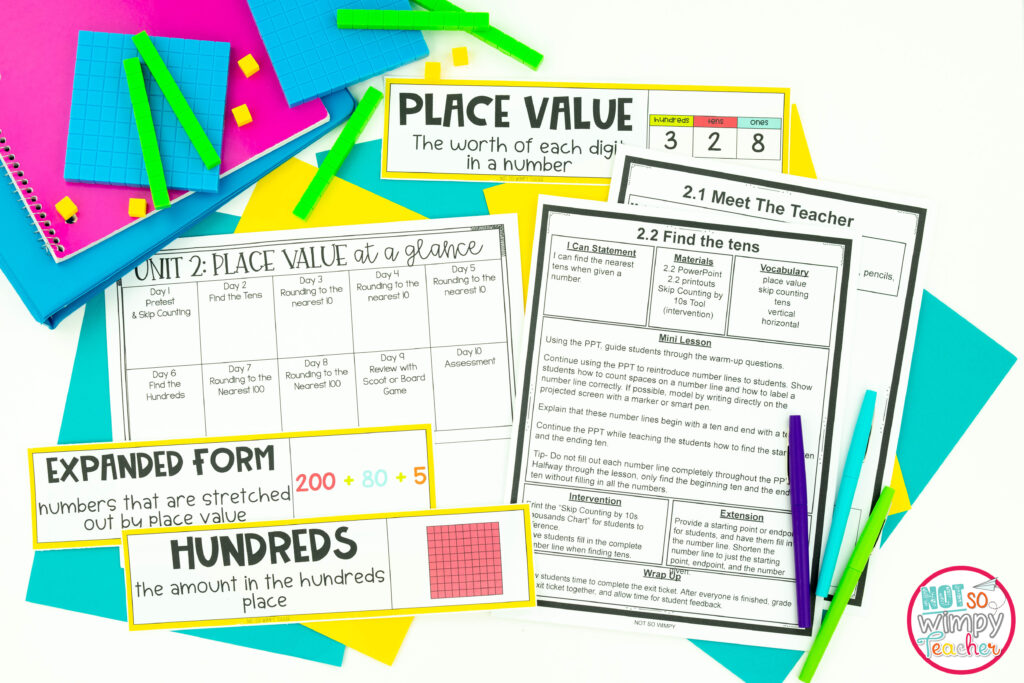
The purpose of whole group instruction is to introduce the concept to your learners. Whole group instruction is important. You don’t want to have to introduce the same skill and concept to every small group. But that’s all that your whole group introduction should be – an introduction. There will be plenty of time to dig deeper later on in your math block.
When you spend too much time on whole group instruction, you lose kids. Your advanced learners grow bored and find other ways to occupy themselves. Your beginning learners will likely still be lost. They are not going to learn the new concept from whole group instruction alone. Resist the urge to keep hammering home a point until the very last student understands.
Tips for keeping it short:
- Record your lessons and see where you have a tendency to get off track or repeat yourself
- Don’t use manipulatives (yet)
- Only pick a handful of practice problems
- Don’t wait for your lowest learners to grasp the concept
Reducing the length of your whole group instruction helps keep kids engaged. It reduces behavior problems. It gives you more time to offer differentiated instruction. And it increases the overall effectiveness of your math lesson.
Differentiate and use manipulatives in small group
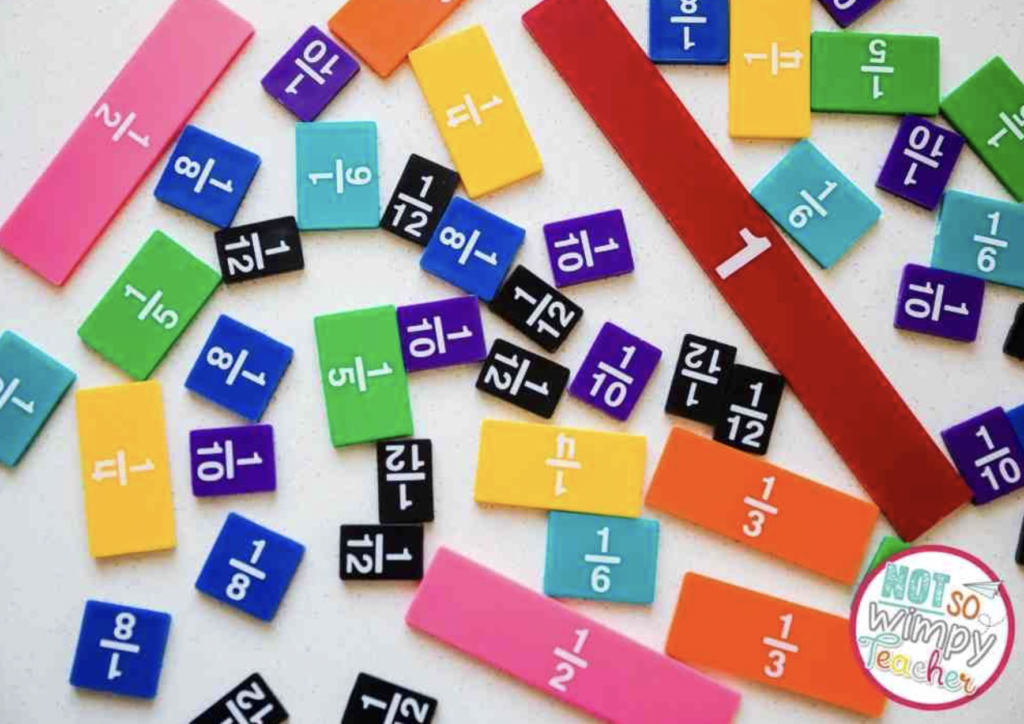
Small groups are where the math-magic happens. When you are working with a small group of students it is easier to identify strengths and weaknesses and offer individualized instruction. Adding math groups to your lessons will increase the effectiveness of your math class.
Math groups should be based on ability. Grouping students of like ability together allows you to meet individual learning needs. This helps both your advanced learners and your struggling learners. Rather than wading through dozens of too-easy problems, more advanced students can move on to more challenging problems. Likewise, students who are struggling with a concept can be provided with extra support or a different math model to help increase understanding.
The small group table is the perfect place to use manipulatives. It takes a lot less time to hand them out to eight kids than your whole class. Even more importantly, it allows you to build problems together and observe how kids use the materials. Building problems with manipulatives allows you to see how kids are thinking.
When students demonstrate understanding with manipulatives you can move on to pictorial and abstract conceptions of the problems. Moving through these steps at the speed each learner needs will help your math lessons be more effective.
Learn more about using small groups to increase the effectiveness of your math class.
Shop This Post
Use centers for spiral review
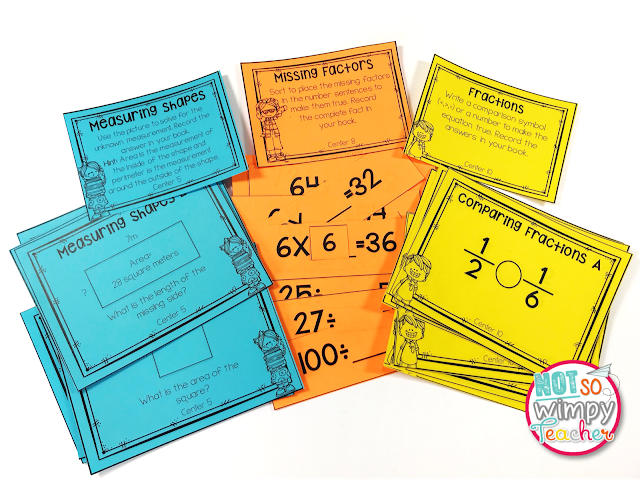
While you are meeting with small groups, you can keep the rest of your students busy with centers. In order for students to work effectively in centers (and not disturb you while you are working with small groups) it is important that they can independently complete center work.
One of the best ways to ensure they can confidently do center tasks is to use centers for review. Rather than assigning skills from your current lesson, center tasks provide an excellent opportunity to review previously taught skills.
Incorporating spiral review into your daily lessons increases the effectiveness of your math class. Students aren’t only exposed to a skill or concept once. Instead, they get repeated opportunities to practice and master the skill.
Spiral review is crucial for true mastery of math skills.
You can check out my full year bundles of math centers for grades 2-5. These centers include a variety of hands-on activities like matching, sorts, math writing, and task cards. The activities stay the same all year long, so you only have to teach directions once. Each of the nine sets includes ten review activities designed to be used after you have taught a concept. These bundles make spiral review a piece of cake.
Shop This Post
Read more about how to easily manage math centers in the classroom.
A 3-part solution to increase the effectiveness of your math class
When you combine a brief whole group lesson with differentiated small groups and math centers you have a winning recipe for an engaging math workshop. This method of teaching math will keep kids interested in the material and offer the appropriate levels of support to increase the effectiveness of your math class.
Work with Me!

Want to learn my tried and true, step by step process for managing math workshop? You’re in luck!
I’ve created an online professional development course for teachers in grades 2-5 to help transform your math block from average to awesome! The Not So Wimpy Math Masterclass is my math-a-magical solution to an easy and effective math workshop.
In the course I’ll show you how to easily and effectively run a modern math workshop that will transform your students into confident, thriving mathematicians.
You’ll learn how to:
- Use your time – both your plan/prep time and your class time – more efficiently
- Keep kids engaged in learning throughout the entire math block
- Easily provide differentiated lessons that meet the needs of ALL your learners
- Help students develop a deeper understanding of math concepts as they play and experiment with finding solutions
Basically, I’ll show you how to make your math block awesome.
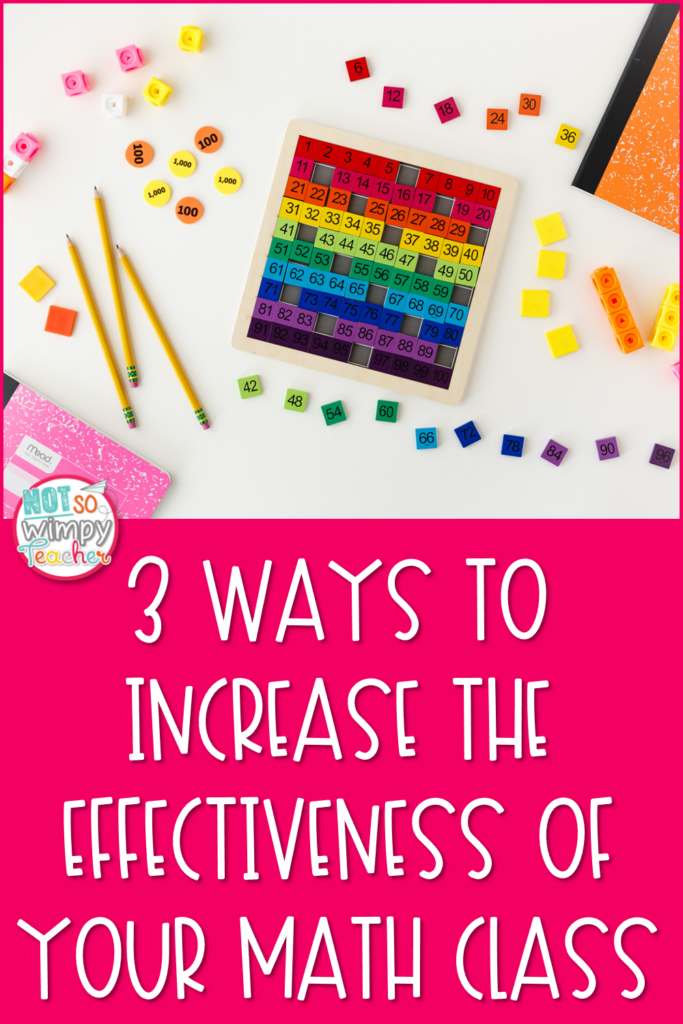
Have a Not So Wimpy Day,


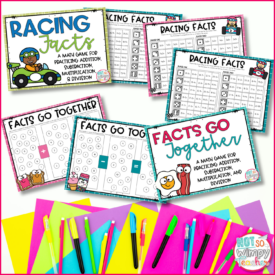
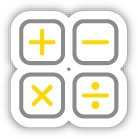
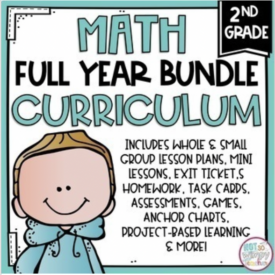
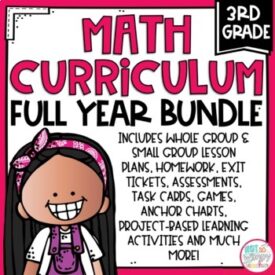
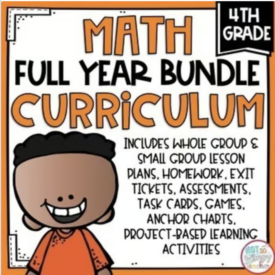
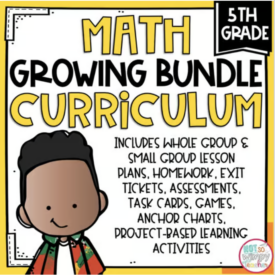
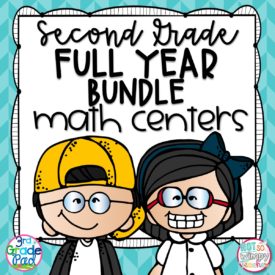
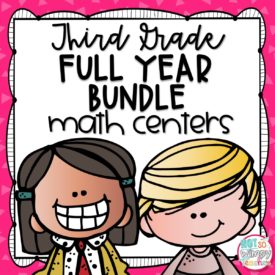
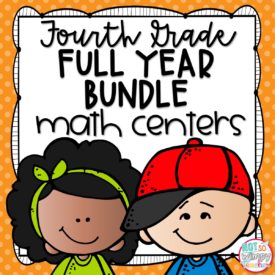
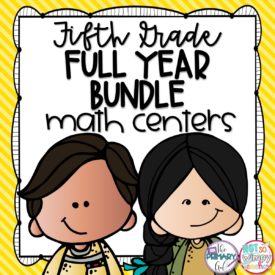
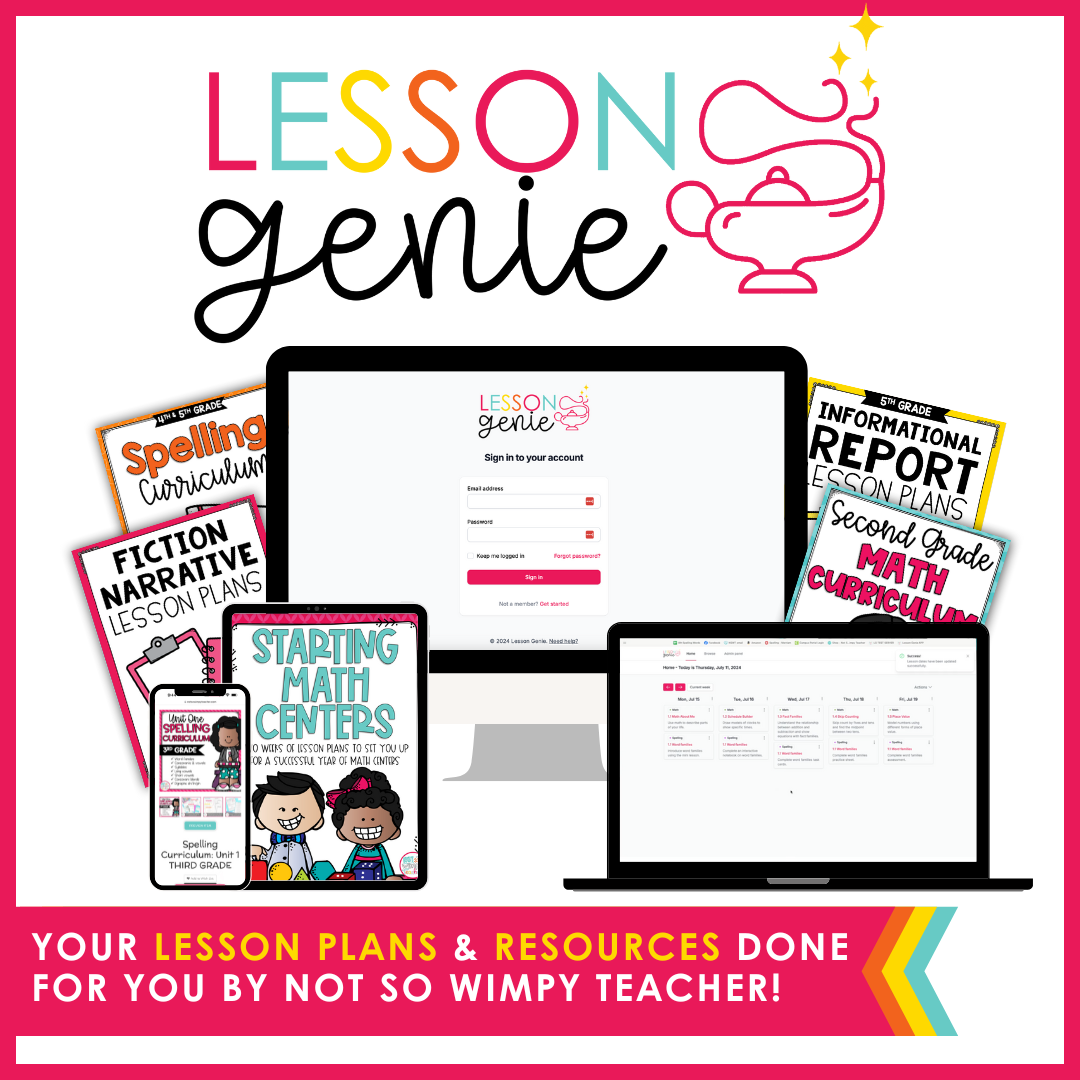
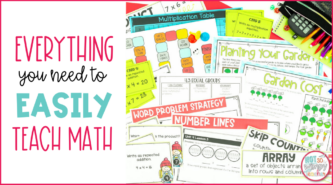
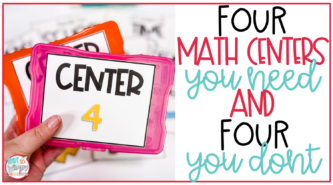

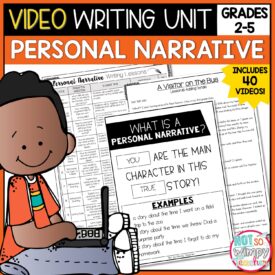
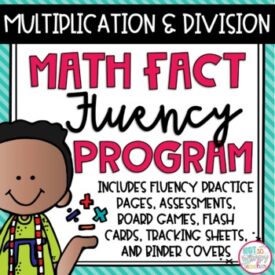
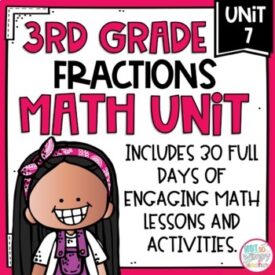
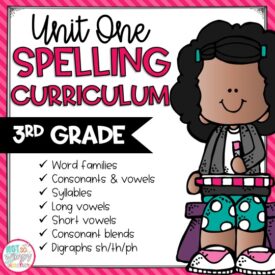


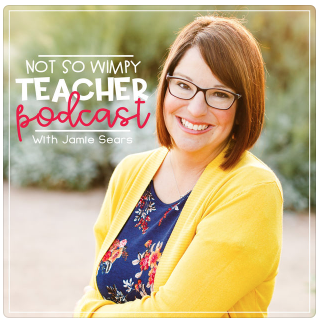




 End of Year Carnival Week for grades 2-5!
End of Year Carnival Week for grades 2-5!
Leave a Comment